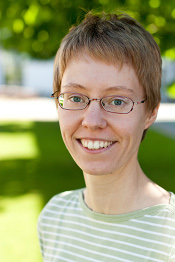
Projektleiter:
Dr. Rainald Ehrig
/
Prof. Dr. Susanna Röblitz
Projekt Mitglieder:
Dr Ilja Klebanov
Laufzeit: 01.06.2017 - 31.12.2018
Status:
beendet
Standort:
Konrad-Zuse-Zentrum für Informationstechnik Berlin
Projektleiter:
Prof. Dr. Alexander Bockmayr
/
Prof. Dr. Susanna Röblitz
/
Prof. Dr. Heike Siebert
Projekt Mitglieder:
Stefanie Kasielke
/
Adam Streck
Laufzeit: -
Status:
beendet
Standort:
Freie Universität Berlin
/ Konrad-Zuse-Zentrum für Informationstechnik Berlin
Projektleiter:
Prof. Dr. Susanna Röblitz
/
Prof. Dr. Christof Schütte
Projekt Mitglieder:
Dr Ilja Klebanov
Laufzeit: -
Status:
beendet
Standort:
Konrad-Zuse-Zentrum für Informationstechnik Berlin